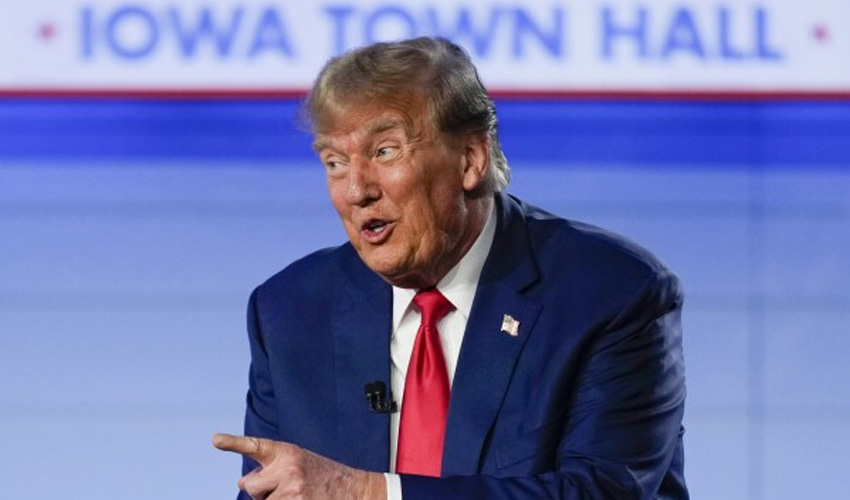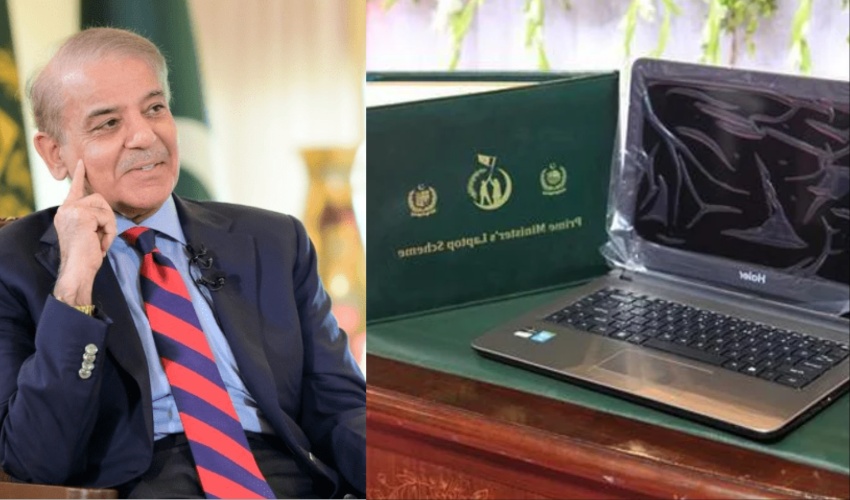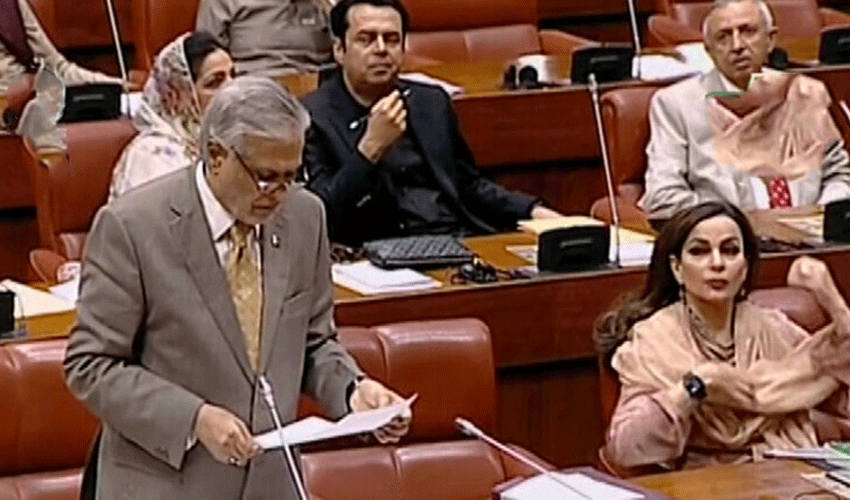Former President Donald Trump has thrown his weight behind the accessibility of in vitro fertilization (IVF) treatments, particularly in light of recent controversies surrounding the Alabama Supreme Court's ruling on the matter.
Expressing his support during a campaign rally in South Carolina, Trump urged Alabama lawmakers to swiftly find a solution to maintain the availability of IVF in the state.
His stance aligns with a growing chorus of Republicans who are scrambling to distance themselves from the Alabama court's determination that frozen embryos constitute children under state law, potentially holding those who destroy them accountable for wrongful death.
Trump's endorsement of IVF access mirrors similar sentiments from GOP figures like Nikki Haley, who called for a reevaluation of Alabama's legal framework in response to the court's decision.
Moreover, the campaign arm of the Senate GOP has issued a memo urging candidates to reject any governmental efforts to restrict IVF, emphasizing strong public support for such treatments.
However, Democrats, led by President Joe Biden, have swiftly seized on the Alabama ruling, linking it to broader concerns about reproductive rights in the wake of the US Supreme Court's erosion of federal abortion protections. Biden's campaign manager, Julie Chavez Rodriguez, directly pointed the finger at Trump, attributing the restrictions on IVF access to his appointments to the Supreme Court and his administration's anti-abortion agenda.
In the face of escalating partisan tensions, bipartisan efforts are underway in the Alabama Legislature to draft legislation aimed at clarifying and safeguarding IVF treatments. While vulnerable Republican incumbents and swing-state candidates endeavor to preempt Democratic attacks by affirming their support for IVF access, the issue is likely to remain a contentious battleground as the 2024 elections approach.
The clash over IVF rights underscores the broader ideological divide within American politics, with reproductive rights emerging as a pivotal campaign issue as control of Congress and the White House hangs in the balance.
As Alabama grapples with the implications of the Supreme Court's ruling, the nation watches closely, awaiting a resolution that could have far-reaching consequences for reproductive healthcare across the country.



























